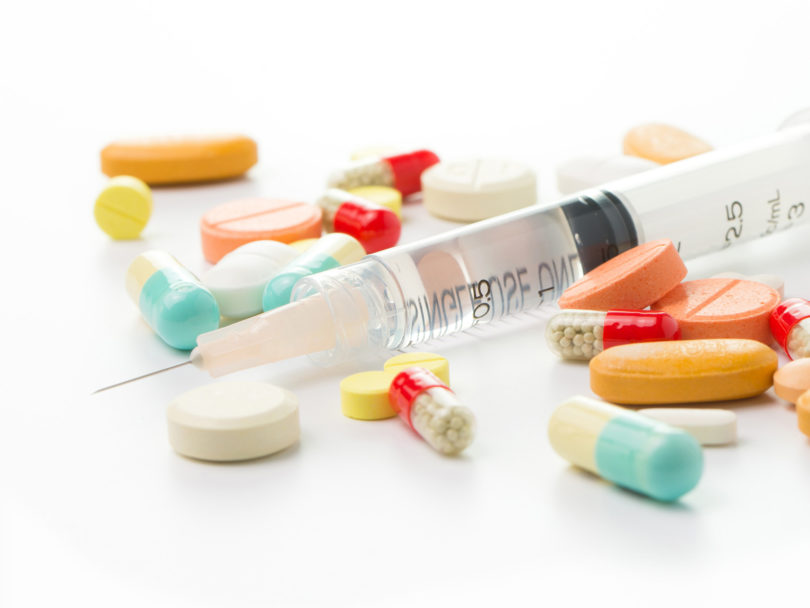The 2016 Summer Olympics in Rio de Janeiro commenced in a carnival of controversy. In the midst of political turmoil, economic instability and an outbreak of the Zika virus, the World Anti-Doping Agency (WADA) suspended accreditation of the Brazilian laboratory tasked with testing athletes for the presence of performance enhancing drugs (PEDs) on charges of nonconformity. The laboratory was reinstated before opening ceremonies, but testing results were disheartening. More than 100 Russian athletes were banned as a result of alleged government sanctioned doping. At least 10 athletes were stripped of medals. Dozens more, including previous offender Sun Yang, garnered public censure. Yang lost the 400-meter freestyle swim to Australian Mack Horton, who hailed the victory as a “win for the good guys.” Unfazed, Yang went on to win gold in the 200-meter freestyle.
These and other instances of popular athletes exposed in doping scandals lead one to wonder whether a natural athlete can successfully compete in an industry saturated with chemicals.
John O’Leary, author of Drugs and Doping in Sport, said fair play demands that a “competitor’s success or failure be the result of natural talents: speed, skill, endurance, and tactical awareness. The use of drugs violates all such notions of equality.”
In rebuttal, Julian Savulescu, an Australian philosopher and bioethicist, cited the lopsided verities inherent in sports–even when athletes train naturally.
“Nature is not fair,” he says. “Ian Thorpe has enormous feet which give him an advantage that no other swimmer can get. Some basketball players are seven feet tall. Far from being unfair, allowing performance enhancement promotes equality.”
Ethics aside, there is little doubt that many athletes believe PEDs can boost athletic performance. Numerous studies concur. Other studies, however, indicate that PEDs do not have the capabilities most athletes believe, and can, over time, actually decrease performance.
Dr. Thomas D. Faley of the University of California says, “The use of (PEDs) in the ‘real world’ is considerably different from that in rigidly controlled, double-blind experiments. The gains made by athletes in uncontrolled observations are much more impressive. Weight gains of 30 or 40 pounds, coupled with 30 percent increases in strength, are not unusual.”
Fortunately for the natural athlete, there are plenty of factors outside the realm of PEDs that influence athletic performance. A chemically enhanced quarterback with average genetics may indeed gain a competitive edge on game day, but will PEDs equip him with pinpoint accuracy, a natural feel for pocket pressure or the ability to make sound decisions under duress? Probably not.
As such, it is reasonable to conclude that a genetically gifted athlete who trains naturally may hope to successfully compete in most sporting events, even in the midst of those who violate doping rules. Doping, however, is only one of myriad avenues an athlete might take to procure an advantage on game day. A more probing question might be: Can an athlete with a high level of integrity hope to compete in a sport where the prevailing mentality is “win at any cost?”
The answer is not as complicated as some may think. In the final round of the 1925 U.S. Open, PGA golfer Bobby Jones called a foul on himself that no one else had seen. As a result, he lost the match by one stroke. Later, he eschewed commendation for his integrity with the words, “You might as well praise a man for not robbing a bank.”
Clearly, there is room for both competitive spirit and integrity in sports competitions, but the path to salvation will likely be thorny. Until market demand for superhuman performance recedes and athletic participants shun the popular maxim, “it’s only a foul if someone sees it,” the field of play will remain a carnival of controversy for both the natural–and the honest–athlete.

